Trentino is about to become one of the most popular gastronomic destinations in Europe

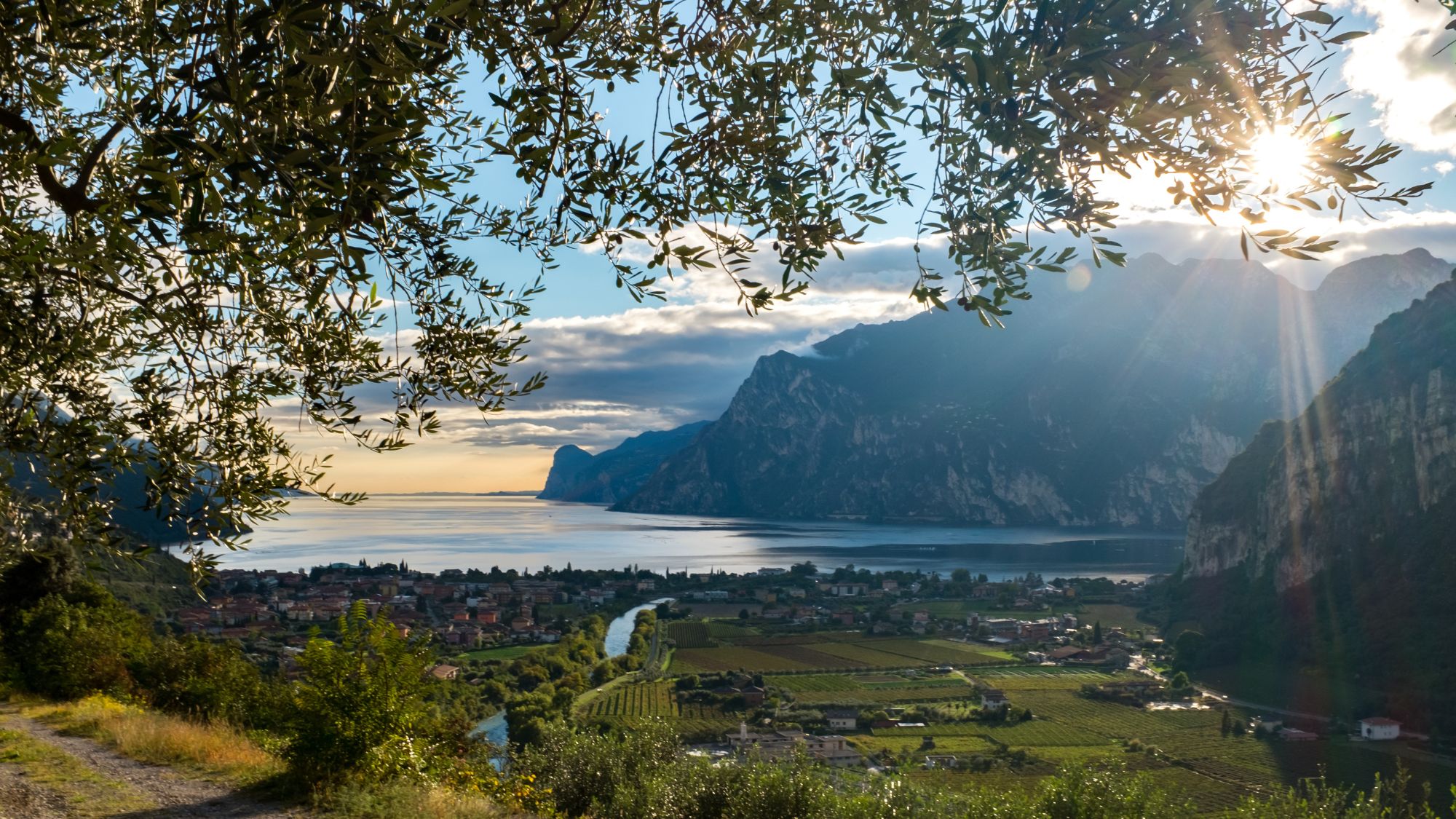
From Michelin starred eateries and world renowned sparkling mountain wines to traditional alpine cuisine and stunning landscapes, Features Editor Jenny Proudfoot breaks down why the region of Trentino deserves to be on the gastronomic map.
Of all the countries in the world, Italy is by far my favourite. And having spent much of my twenties in Rome, Naples and Puglia living the dolce vita life and feasting on spaghetti alle vongole and Limoncello by the bottle, I have always prided myself on knowing it well.
It dawned on me recently however that all of my experiences were limited to the South, and that I had actually never explored Italy’s northern regions - something I immediately set out to change.
I selected Trentino-Alto Adige, Italy’s Northernmost region, as my starting point, jumping at the rare opportunity to be guided around by Roberta d’Elia, all-round Italian cuisine aficionado and the head chef at my favourite UK pasta brand, Pasta Evangelists.
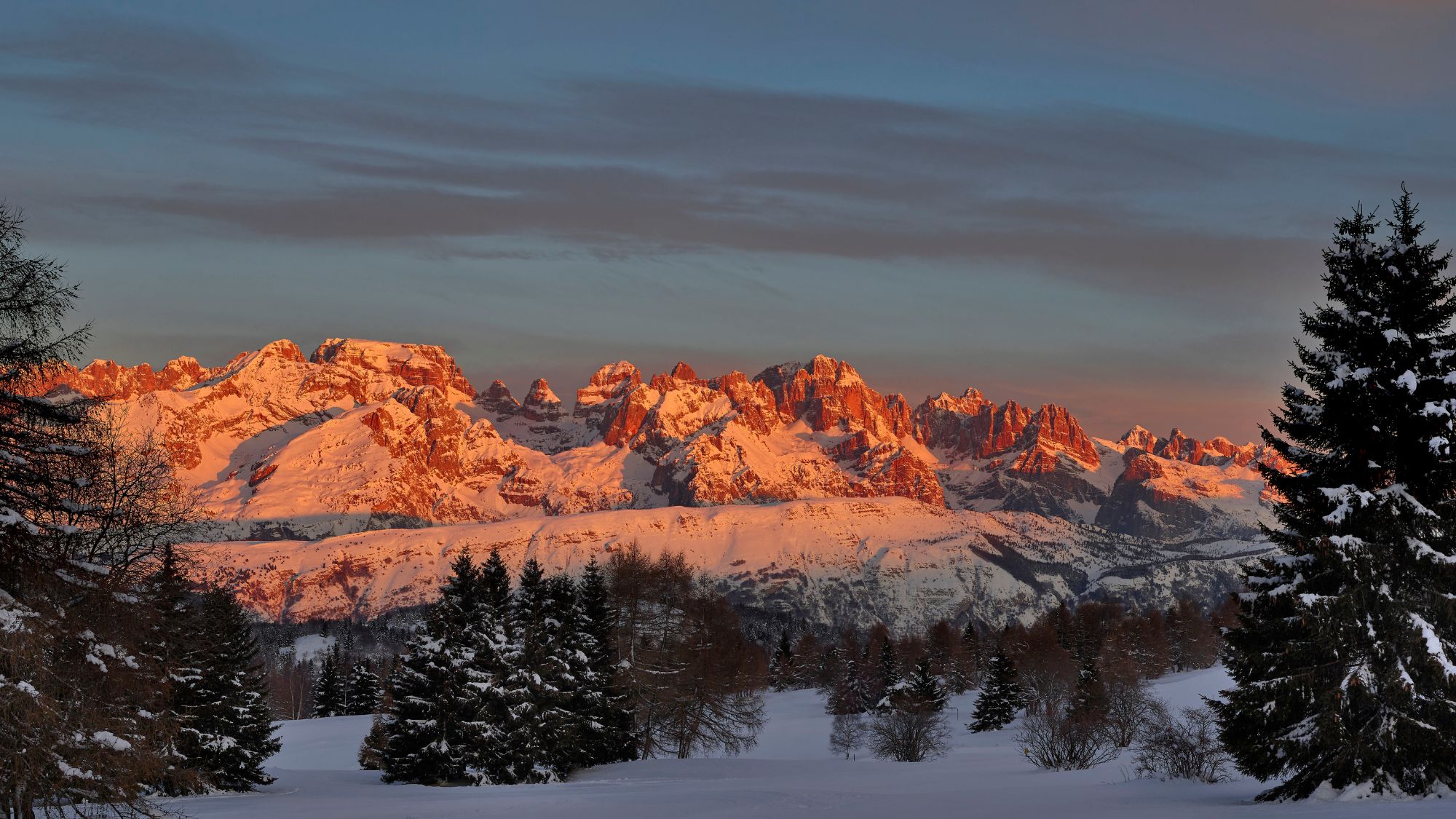
Together, we ate our way across the stunning mountainous region - famed for its alpine scenery and magnificent natural landscapes, meeting local food producers, learning the stories behind traditional dishes and sampling the distinctive flavours of Northern Italy.
What I discovered blew my mind, and with help from Chef Roberta I was introduced to a whole new side of Italian cuisine and culinary culture - one that I never knew existed.
Forget what you think you know about Italian cuisine - you would be pushed to find tangy tomato sauces, spicy nduja or Margarita classicos in Trentino. Instead, the Northern Italian cuisine is more influenced by its Germanic, Swiss and Austrian neighbours, so expect local meats, alpine cheeses and creamy risottos. Butters and lards rule above olive oils, and sage and rosemary are favoured over basil and oregano. Not to mention the prized local grapes - give me a glass of sparkling wine from the Dolomite mountains over a Prosecco aperitivo any day.
Celebrity news, beauty, fashion advice, and fascinating features, delivered straight to your inbox!
Trentino cuisine is unlike any I’ve tasted - a fusion of alpine flavours and Italian traditions. And combined with its unique grape varieties and the cool new wave of restaurants offering modern takes on traditional dishes, it’s no surprise that Northern Italy’s little known region is quietly becoming one of the most enviable foodie destinations in Europe.
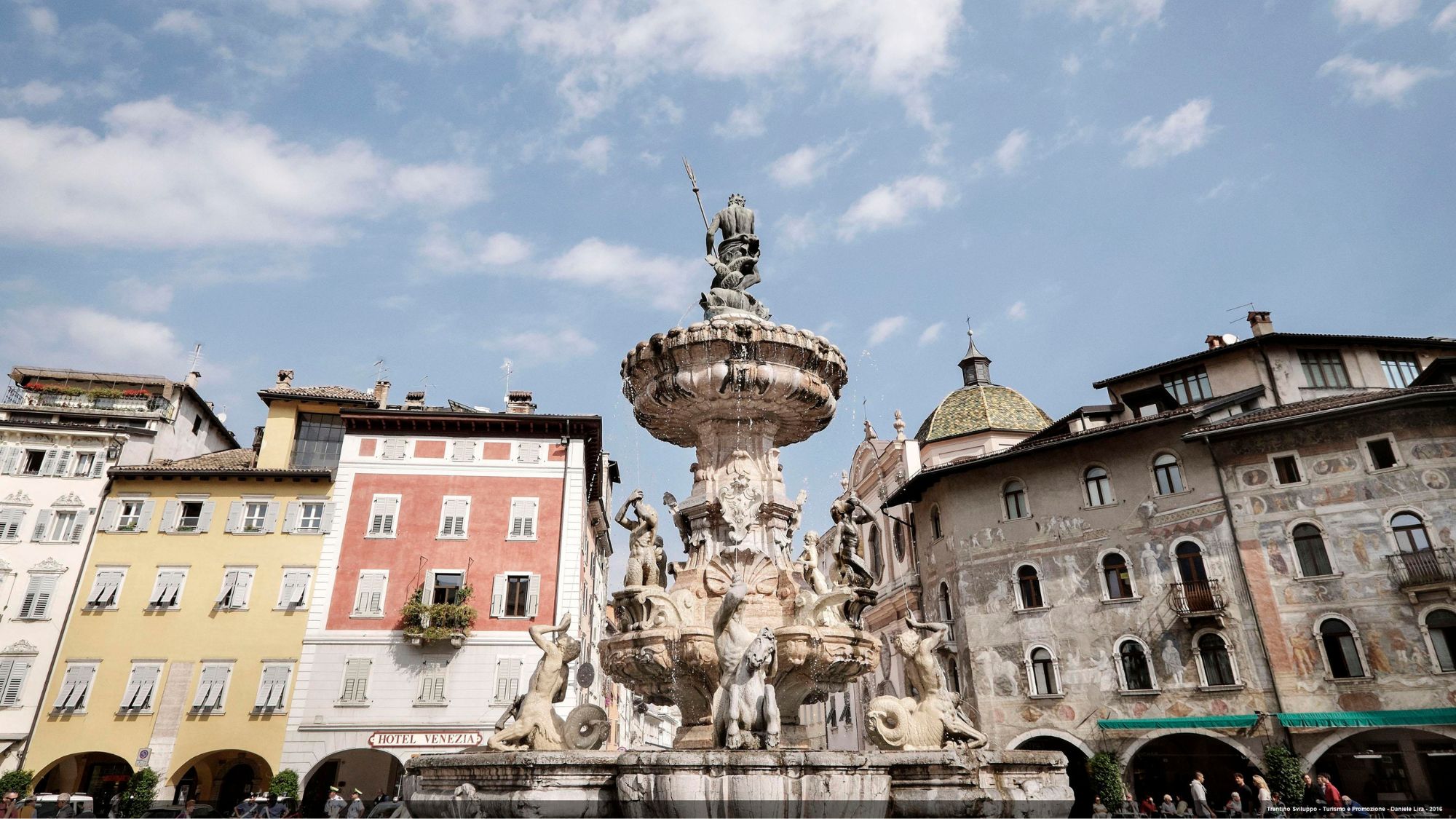
I started my tour in Trento, the historical city at the region’s heart - home to the vibey Piazza del Duomo, to experience the “cooler” side to Trentino cuisine. And from its thriving wine culture to the modern restaurant scene, it’s no surprise that it was crowned the best city to live in Italy just last year.
Book a table at Ristorante Augurio to get a real taste of Trento. The stunning eatery run by three brothers, Luca, Mattia and Samuele, is symbolic of the whole region - combining tradition with modernity, and reinterpreting classic recipes with hyper-local ingredients. The "Uovo Morbido di Montagna" is one of the most exquisite dishes I've ever experienced - a soft mountain egg served with Trenginagrana foam commonly served with asparagus and Trentino cheeses. And presented in a huge marble egg, there's nowhere better for Instagram opportunities. Equally unmissable is dinner at Ristorante “Elementi” by chef Giovanni D’Alitta in Mezzocorona, for the finest Carpaccio di manzo and Risotto Vialone Nano agli asparagi in town.
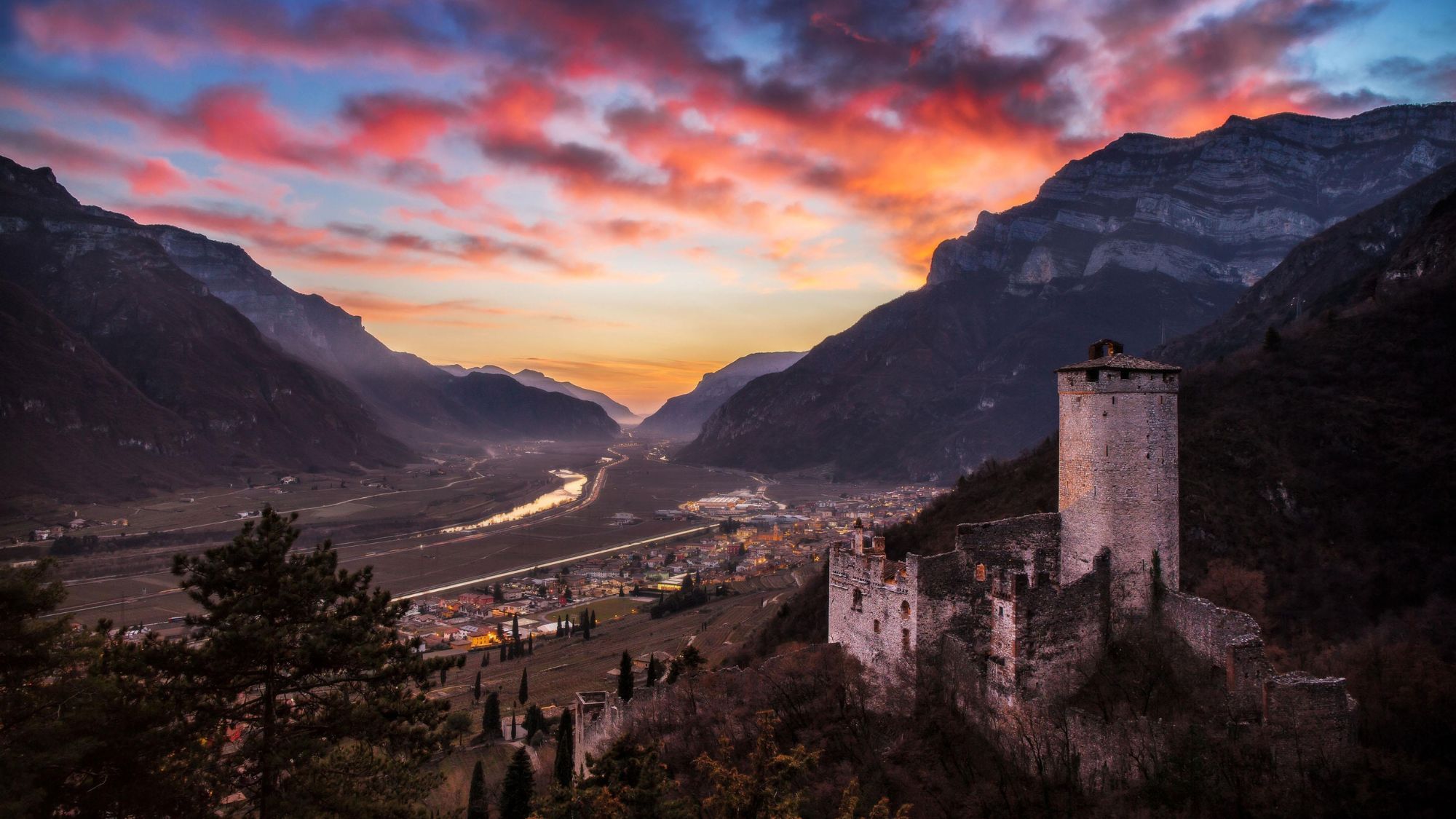
Wine is an essential part of Trentino life, with the region famed for its three native grape varieties: Nosiola, Marzemino and Teroldego. And there’s nowhere better to learn and taste than at Palazzo Roccabruna, a stunning sixteenth-century mansion, in the very capable hands of inspiring wine expert Aurora Endrici. For the full experience, it’s also worth venturing further afield and paying a visit to the Barone a Prato winery in Segonzano - the birthplace of the Trentino Pinot Noir, to sample their full-bodied reds and recently cultivated Chardonnay.
The region has become most known in recent years however for being home to TRENTODOC, its prized sparkling wine from the mountains, completely unique to the Trento region for its topography, varied climate and high altitude. Every meal I sampled over my stay came with a TRENTODOC aperitivo, and I confess it is the element of Trentino life that I miss the most.
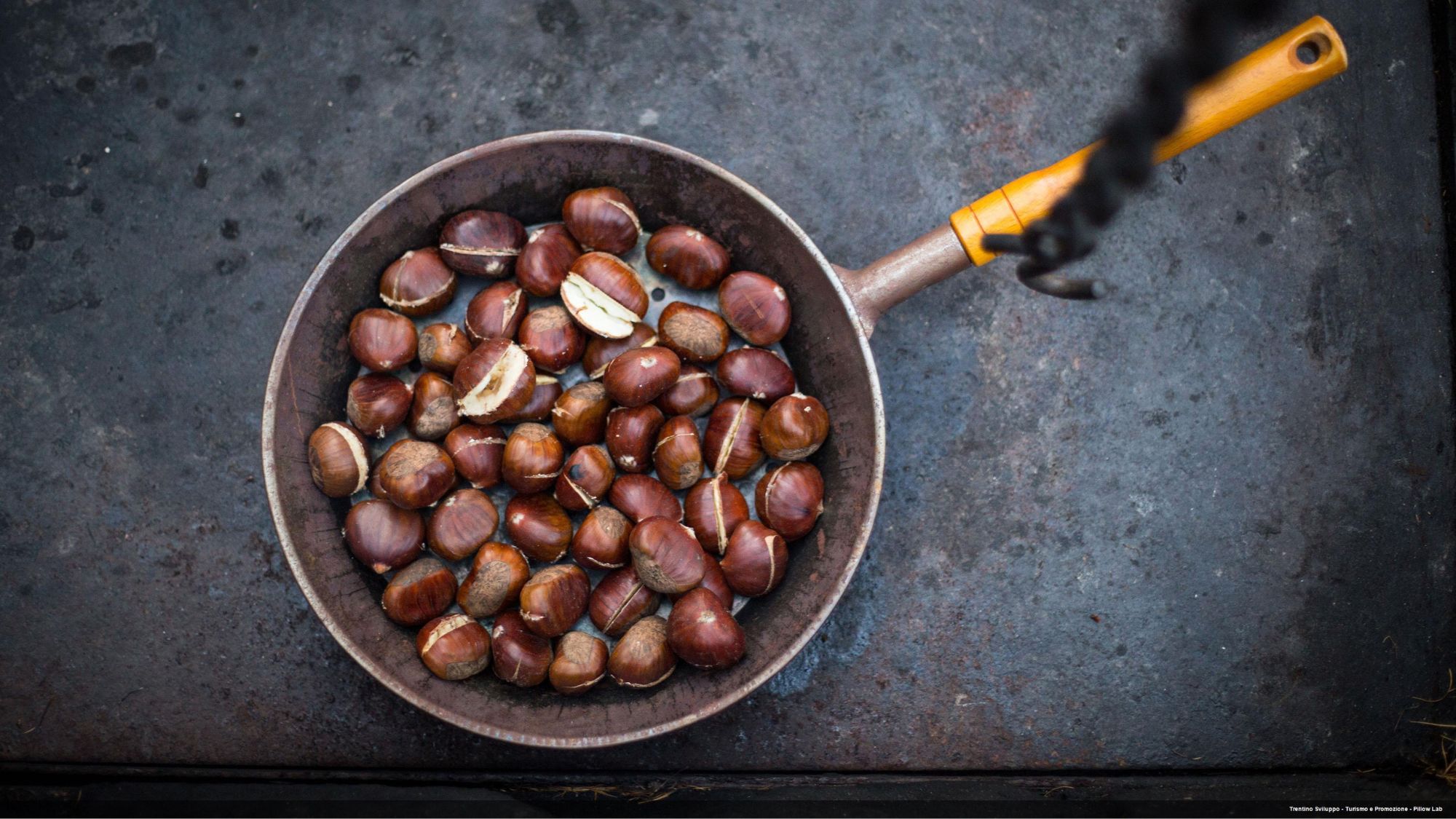
While Trento is finding great success in its modern approach to food and wine, the region’s traditional dishes are what truly sets it apart. And particularly in the mountains, the recipes go back centuries, with every forkful of food coming with a story passed down through generations.
Take for example “strangolapreti” (priest chokers) - large bread-based spinach dumplings that locals allegedly fed priests back in the 1800s in an effort to kill them. Or the half moon shaped “mezzelune” ravioli, shared across the neighbouring Tyrol as “schlutzkrapfen”, traditionally filled with spinach and ricotta. And of course the delicious "crostini di polenta" that comes with the tale of Trentino's "golden treasure".
Another age-old delicacy well worth a taste is the tortel de patate, Val di Non’s famous potato pancake, traditionally fried in a copper pan and served with cured meats and local alpine cheeses. If you want to really eat like a local, head to Flavon’s Ristorante Centrale for the lesser known sweet alternative - teaming the potato cakes with homemade cranberry jam. And you can’t leave without toasting a Grappa, an ancient digestivo tradition in Trentino. If you’re near the Riva del Garda area, there’s nowhere better than Osteria Le Servite to wash down a dolci. I recommend a tiramisu but the torta dei fregoloti is another Trentino classic.
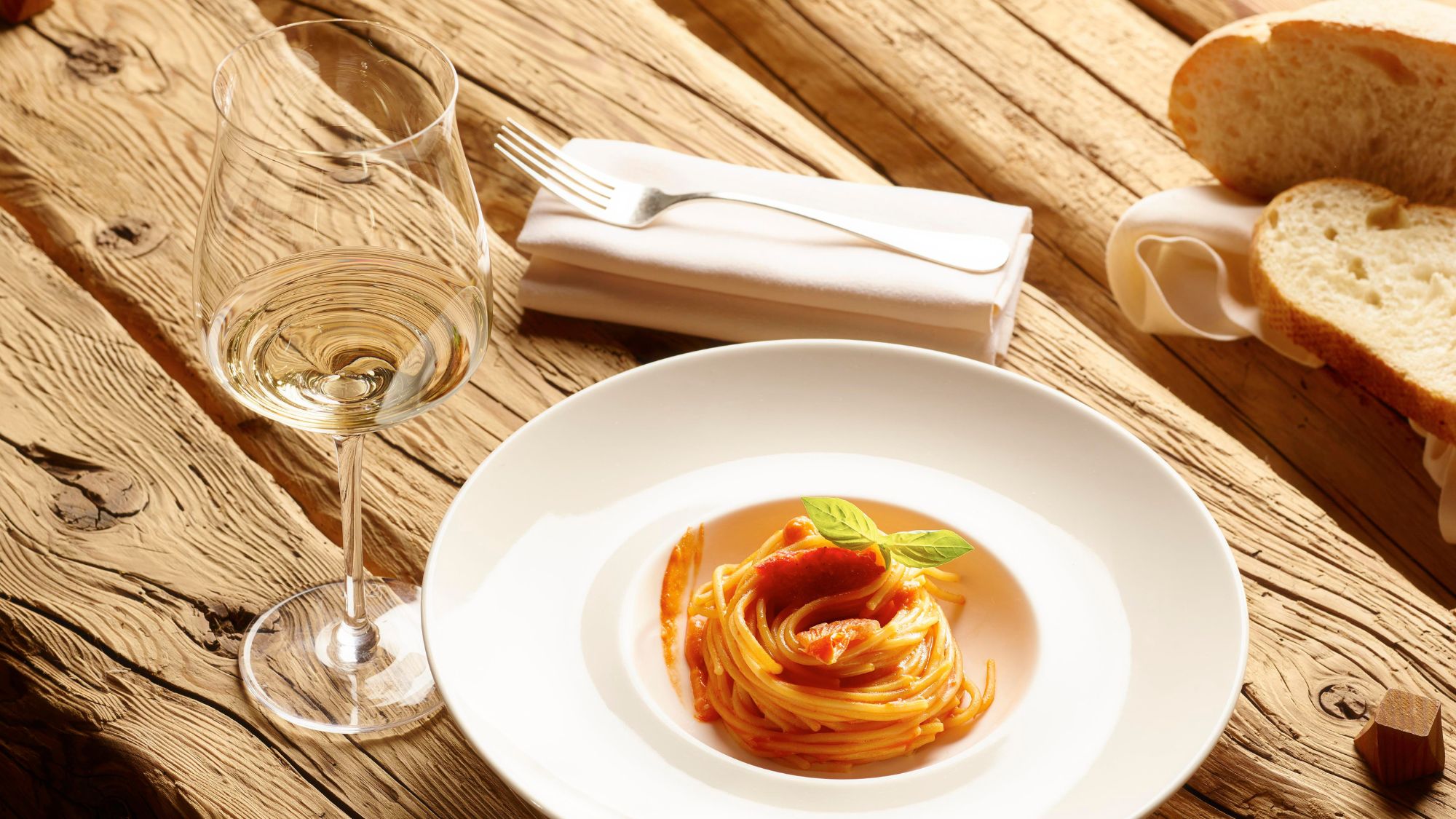
Trentino’s natural surroundings are a huge influence on its foodie culture, from the impressive Dolomite mountains to the stunning Lake Garda. And if you’re going on a gastronomic tour of the region, you’re likely to spend most of your time outside - whether truffle hunting in the Vallagarina Valley or picking your own supper in Predazzo.
A personal highlight was foraging for wild herbs with Michelin-starred chef Alessandro Gilmozzi in Cavalese, followed by supper at El Molin, his prized eatery. Hidden in an old 17th Century Mill and furnished with hand painted frescos, Gilmozzi’s menu celebrates the Dolomitic territory. And from the bark, moss and resins on the menu to the Henry David Torcou quotes handwritten on the walls, everything about his restaurant is a love letter to the natural world.
The historic olive groves of Varignaro are also well worth a visit, home to the “Olif de Bòtes”, the oldest olive tree in Garda Trentino. It is here in the Olivaia of Arco that the Santuliana family create extra virgin olive oil like it’s an art form, with their careful and considered techniques creating Maso Botés, the most beautiful olive oil I’ve ever tasted. Stop by for an extra virgin olive oil tasting like no other - you’ll be instructed to forgo dipping bread and drink the oils neat from the glass. This, they assured us, will continue to be passed down through the family.
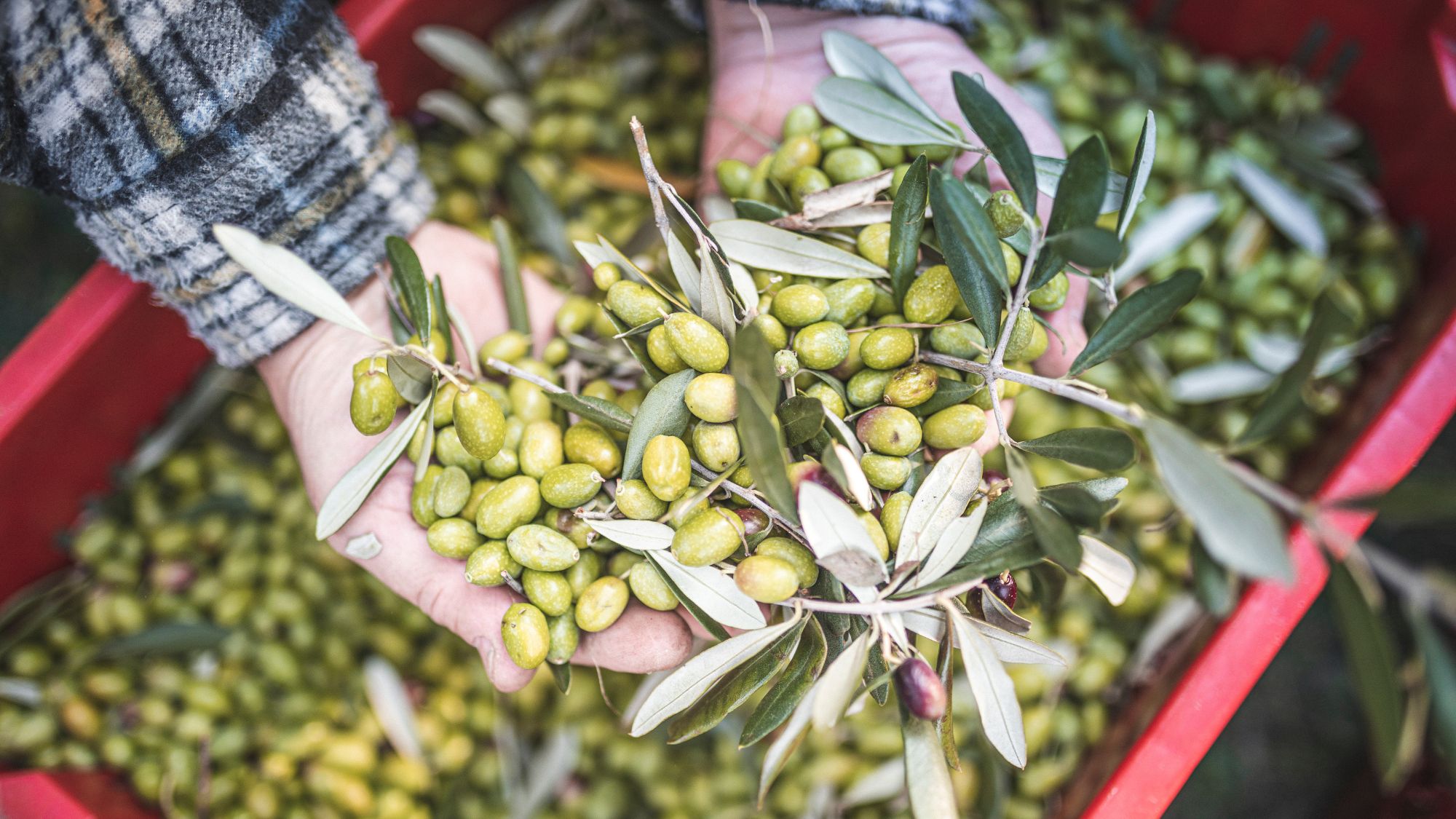
Trentino more than anywhere I have visited has a real emphasis on family-run businesses, with their trades like their traditions passed down over generations.
Take for example Val di Femme’s Felicetti factory - an obligatory stop for pasta lovers, with the Felicetti family making pasta there for over a century. If you’re lucky, you might bump into superstar pasta entrepreneur Riccardo Felicetti himself, for a factory tour and a masterclass - ask him for a tutorial on opening a packet of spaghetti Italian-style (you won’t regret it).
Also well worth a visit is Val di Non’s apple valley, where Italian apple producer Melinda has been farming as a cooperative of families for years. The historic orchards are a sight to behold and there are plenty of opportunities to sample the produce - from apple cakes and strudels to fresh juices and jams. Leave time to visit their storage system for a once in a lifetime experience, with the apples kept in a natural refrigerator deep inside the Dolomite caves of Rio Maggiore Mine. And be sure to stop by the farm shop to fill your suitcase with hyper-local treats before the journey home.
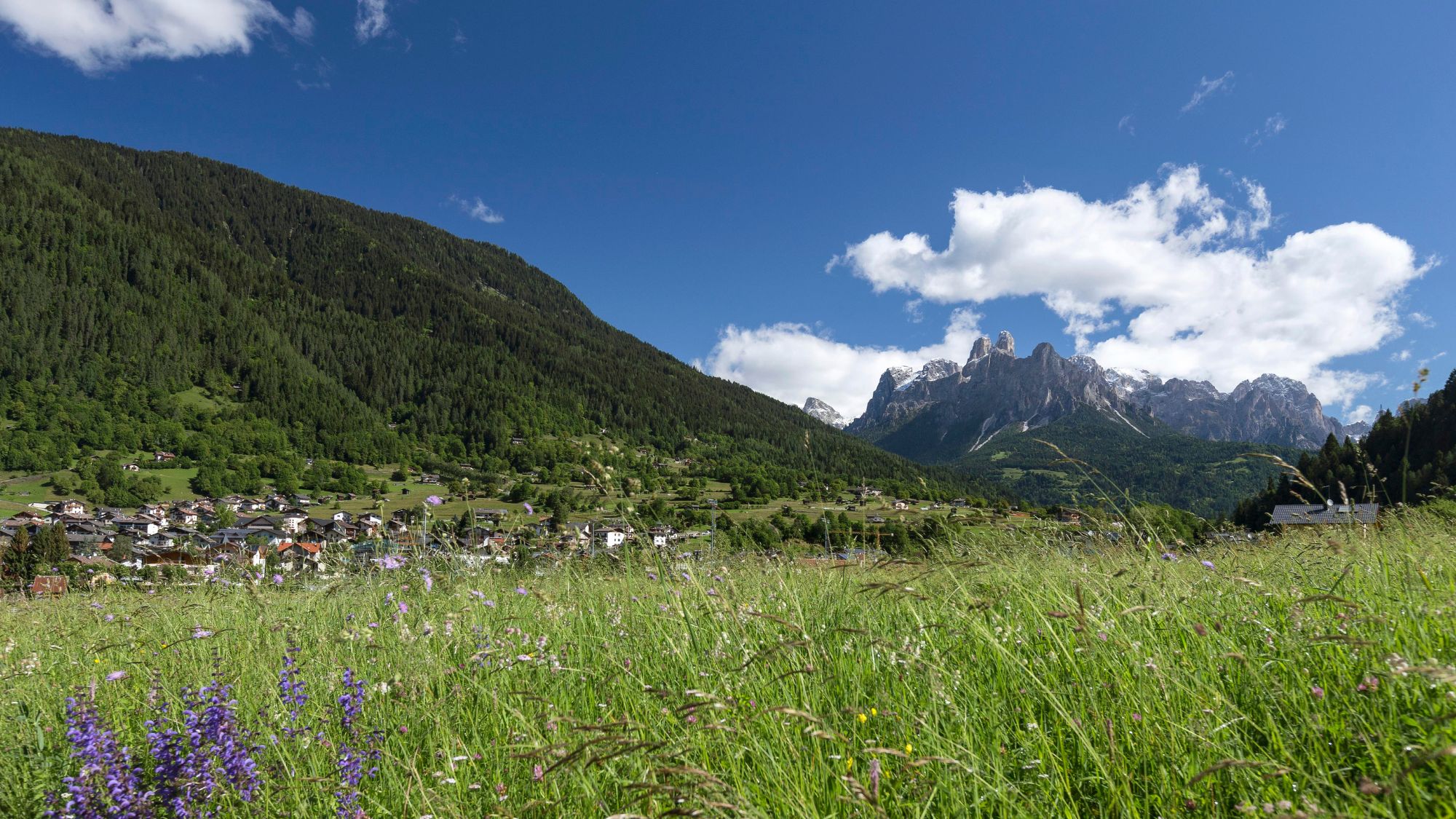
After 72 hours in Trentino, I was convinced of its well-deserved place on any gastronomic travel list. And sampling both local alpine eateries and trendy Michelin starred gems, while meeting food producers from all four corners, I recommended the region far and wide.
What struck me however was that no one I knew had ever been to Trentino. In fact, few had even heard of it. This I know for sure is about to change.
Trentino may have long been Northern Italy’s best kept secret, but now with the popularity of TRENTODOC and local restaurants bagging themselves Michelin stars, it’s sure to gain the recognition it deserves as a gastronomic destination. And I for one will be booking myself a return ticket and stocking up on TRENTODOC before the whole world finds out.
Jenny was a guest of Trentino and stayed at Lainez Suites & Rooms, Garni Laurino, and Hotel Mirage. Jenny visited Trentino with Roberta D’Elia, Head Chef at Pasta Evangelists to explore the flavours of the region.

Jenny Proudfoot is an award-winning journalist, specialising in lifestyle, culture, entertainment, international development and politics. After working at Marie Claire UK for seven years - rising from intern to Features Editor - she is now a freelance contributor to the News and Features section.
In 2021, Jenny was named as a winner on the PPA's '30 under 30' list, and was also listed as a rising star in journalism.